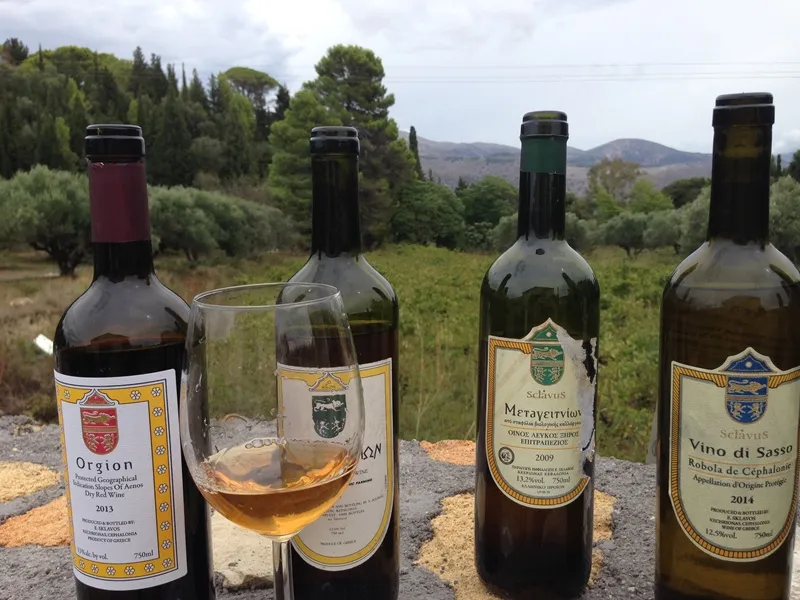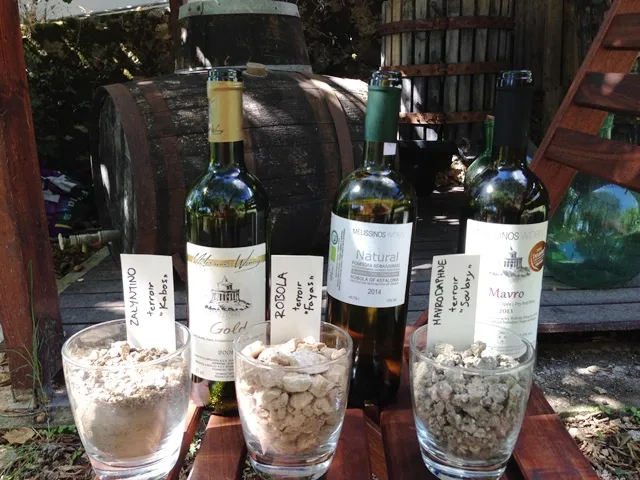
Natural wines in Greece: It’s a start!
Natural wines is a trend that cannot be ignored. Like everywhere else in the world, some Greek winemakers have chosen to follow this path as well, trying to produce wines under minimal intervention scheme that are terroir-driven, expressive and well-made. Some very good examples exist that show clearly the dynamics of the so-called ''natural movement'' yet there are others that I feel need more focus.
Generally speaking and in an international context many claim the glory of producing wines with minimal intervention and none or very little SO2 added, but few have managed to produce clean well-made wines that can make a statement. It seems that in order to do less, one needs to pay extra attention both in the vineyard and in the cellar. This is the price a producer must provide!
Subscribe to Continue Reading
This premium blog post is restricted. Subscribe to get access to all blog posts and unlock our complete library of Greek wines, varieties, and expert insights.
- Email updates (1–2 / month)
- Access to free posts
- Special subscription offers
Aficionado
For enthusiasts and trade professionals who want full article access
Subscribe Now- Full access to all subscriber-only posts
- Full access to wine reviews and grape varieties sections
- Executive summaries for major features/reports
- Reliable, focused information on Greek wine, in an international voice
Aficionado Premium
For advanced readers, sommeliers & buyers needing deep documentation
Go Premium- Everything in Aficionado, plus:
- Full access to all Reports (6 to date)
- Access to approximately two new reports per year
- Executive summaries for major features/reports
- Reliable, focused information on Greek wine, in an international voice
Professional
For importers, retailers, restaurants, producers, and trade press
Get Professional- Everything in Aficionado Premium, plus:
- Publication rights for reviews and short tasting notes (up to 50 words)
- Article excerpt rights (up to 120 words, up to 3 excerpts/month)
- Priority support (email) for usage/attribution questions
- Mandatory attribution required with active link where possible
Already have an account?
Sign in here
